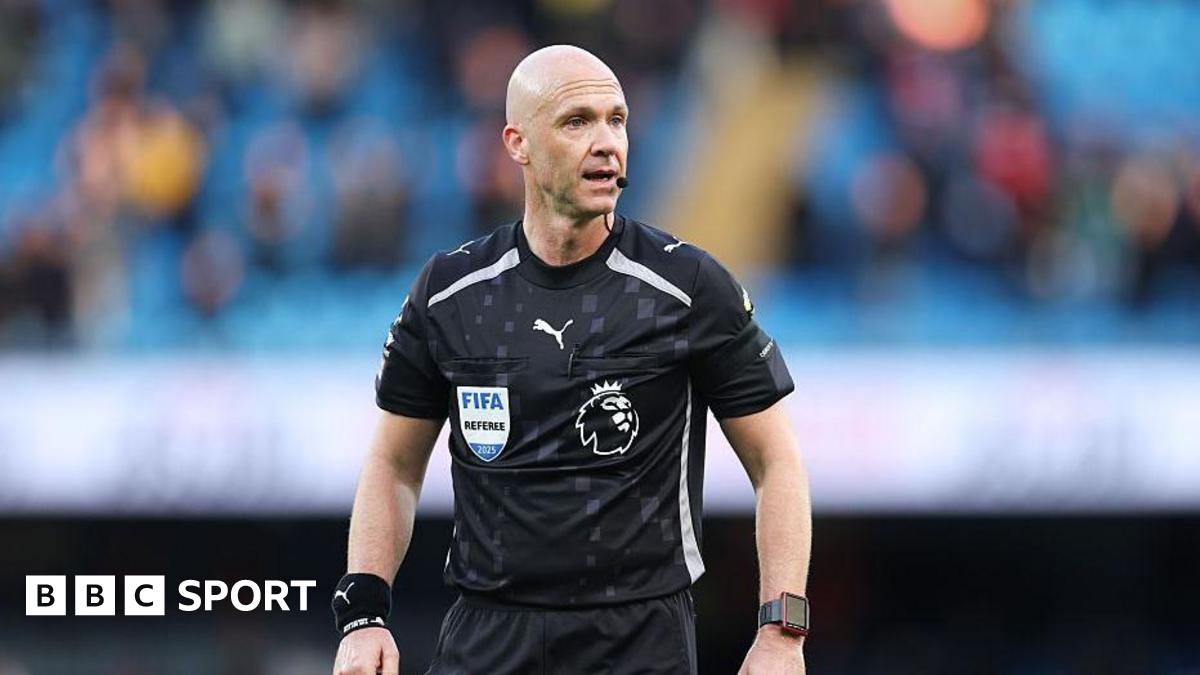Caster Semenya's right to a fair hearing was violated by the Swiss Federal Supreme Court when she lost a 2023 appeal against World Athletics regulations that effectively barred her from competing, Europe's top court has ruled.
The double 800m Olympic champion won a partial victory at the European Court of Human Rights (ECHR) in her long legal battle over athletics' sex eligibility rules.
Semenya, 34, was born with differences of sexual development (DSD) and has been unable to compete in the 800m since World Athletics brought in rules in 2019 restricting testosterone levels for track events from 400m up to the mile.
The South African middle distance runner believes World Athletics has shown discrimination against athletes with DSD by insisting they reduce testosterone levels in order to be eligible.
Athletics' governing body insists the rules, which in 2023 were expanded to cover all female track and field events, are needed to ensure fair competition and to protect the female category.
Semenya was the Olympic champion over 800m in 2012 and 2016.
In 2019, she unsuccessfully challenged World Athletics' rules at the Switzerland-based Court of Arbitration for Sport (Cas).
In July 2023 the ECHR ruled in favour of Semenya in a case related to testosterone levels in female athletes.
The case at the ECHR was not against sporting bodies or DSD rules, but specifically against Switzerland's government for not protecting Semenya's rights and dates back to a Swiss Supreme Court ruling from 2020.
Switzerland's government requested the matter be referred to the ECHR's Grand Chamber, which has now found that the Swiss ruling "had not satisfied the requirement of particular rigour" under Article 6 (right to a fair hearing) of the European Convention on Human Rights.
However, the Grand Chamber found Semenya's complaints under Articles 8 (right to respect for private life), 13 (right to an effective remedy) and 14 (prohibition of discrimination) inadmissible as they "did not fall within Switzerland's jurisdiction".
As the case concerns the Swiss government and not World Athletics, it will not immediately affect the current restrictions on DSD athletes.
Semenya said the outcome was "great for me, great for athletes" after leaving the court in Strasbourg, France.
"This is a reminder to the leaders [that] athletes need to be protected," she said.
"Before we can regulate we have to respect athletes and put their rights first."
Decisions made by the ECHR's Grand Chamber are not open to appeal.
Semenya's case could now go back to the Swiss federal court in Lausanne.
World Athletics declined to comment.

 3 months ago
23
3 months ago
23

















































